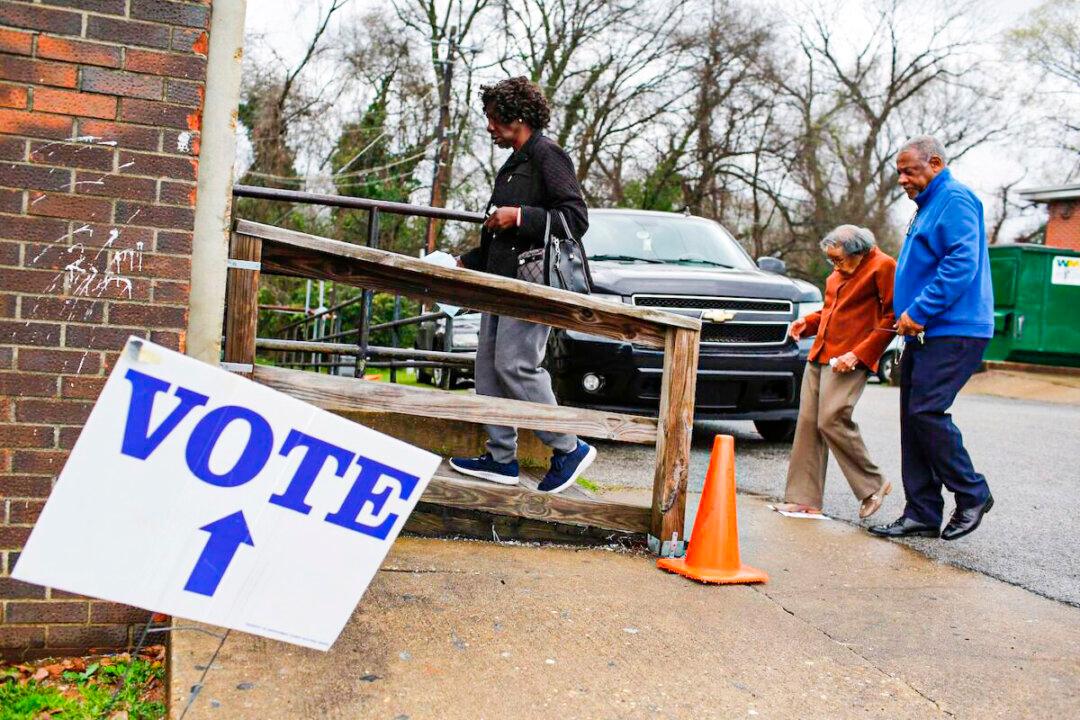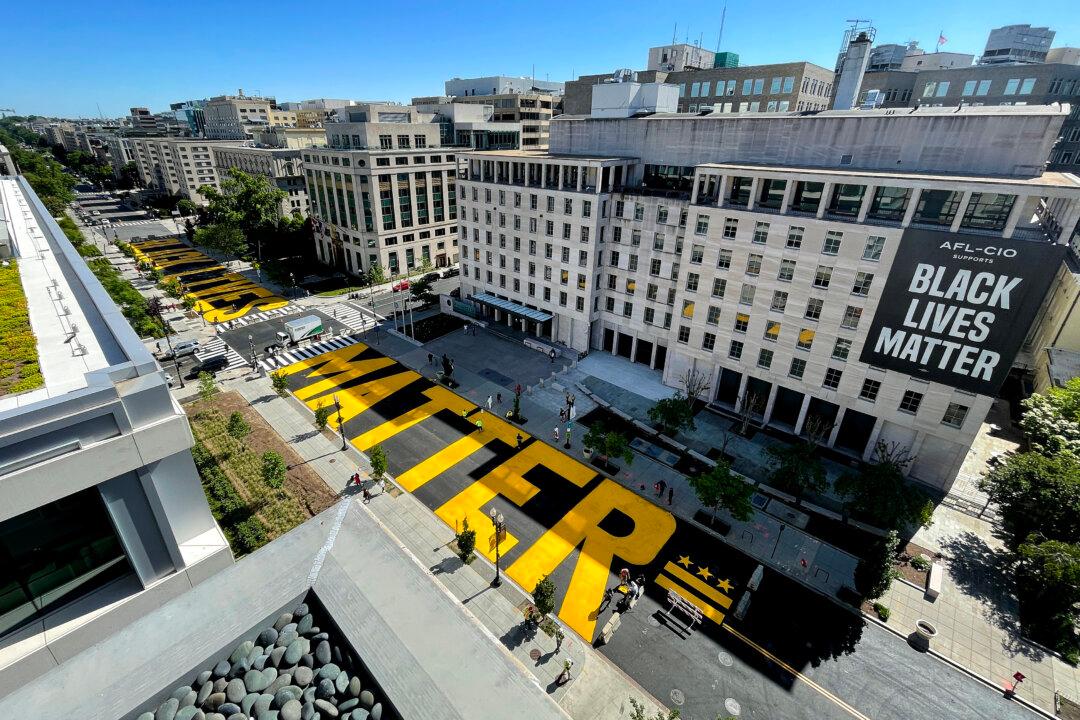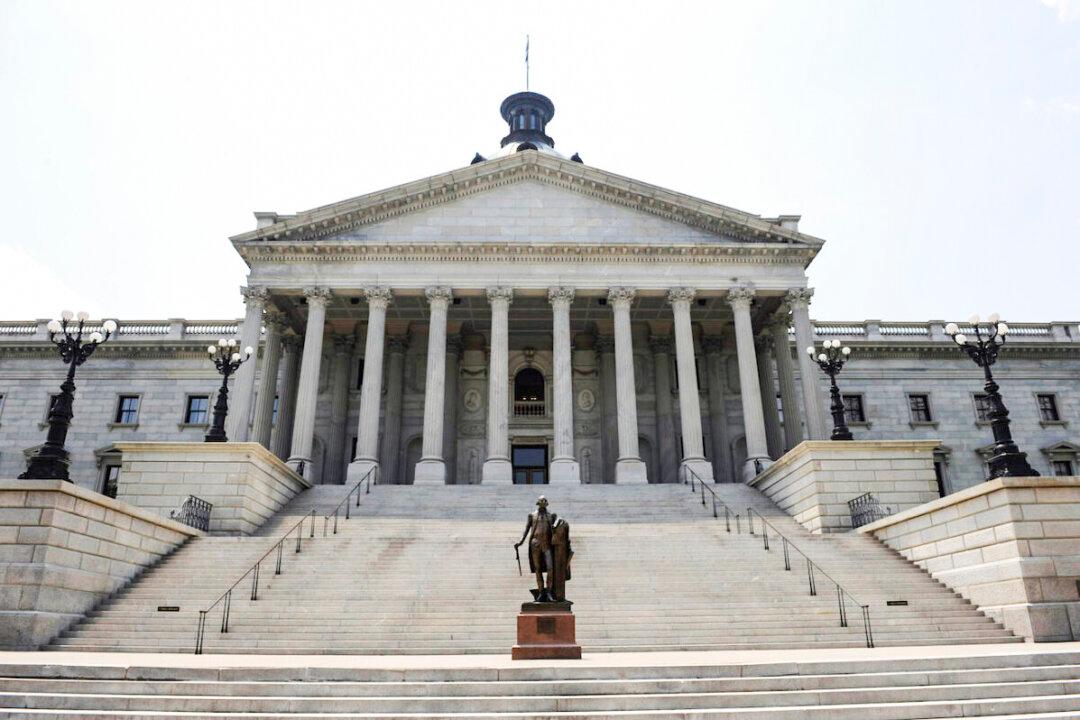A recent gerrymandering federal lawsuit against the state of Alabama highlights the unending fight between political parties to decide on congressional districts.
In Alabama, the latest episode in this conflict is a challenge to a redistricting the state made in 2011. The federal lawsuit argues that the state drew districts to pack largely Democrat-voting African Americans into a single district.
By doing so, Republican-controlled Alabama ensured one solidly Democratic district and six Republican districts.
Two of the lawsuit’s plaintiffs are Alabama Democratic politicians. Alabama state senator Rodger Smitherman and state senator Bobby Singleton, who are African American.
If their lawsuit succeeds, Alabama’s congressional districts will be redrawn to have five Republican districts and two districts that could go narrowly to the Democrats.
The lawsuit argues that Alabama’s 7th Congressional District unfairly clustered minority voters. The district is 55 percent African American.
Alabama Republican Party chair John Wahl said that the previous district arrangement was both fair and appreciated by minorities.
“If we’re really concerned about minority rights, we want to protect minorities and make sure they have a voice representing them in Congress,” said Wahl. “What I seem to be seeing happen now is just an attempt to make sure that there’s Democrat representation.”
Wahl said that another Democrat district in Arkansas isn’t fair. Alabama’s population is 29 percent African American, but the state’s ties to the Republican Party are far deeper. In 2020, 63 percent of state residents voted for Donald Trump.
“If all seven congressional districts were split fairly without any attempt to put communities anywhere, we would have seven Republican districts and no Democratic districts and seven white districts with no minority districts,” he said.




